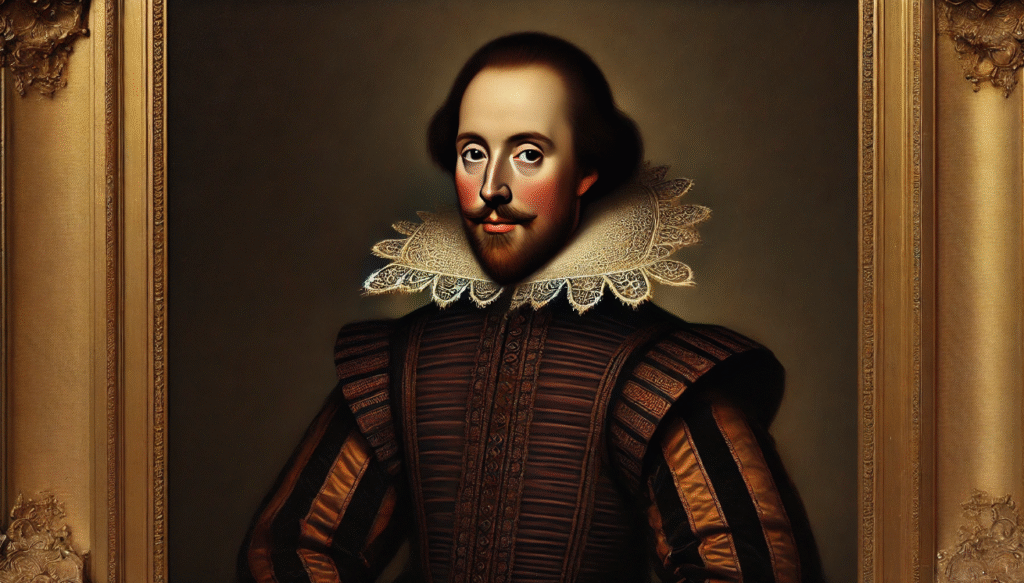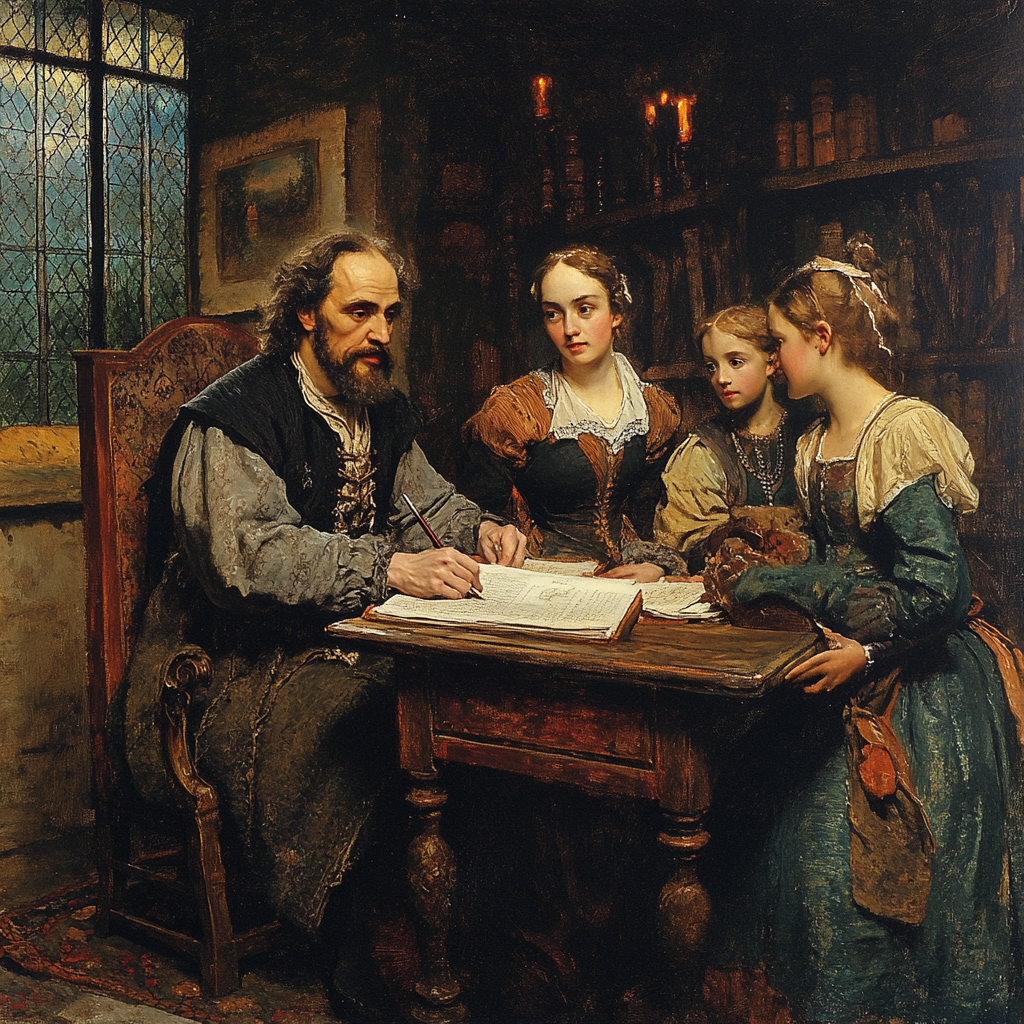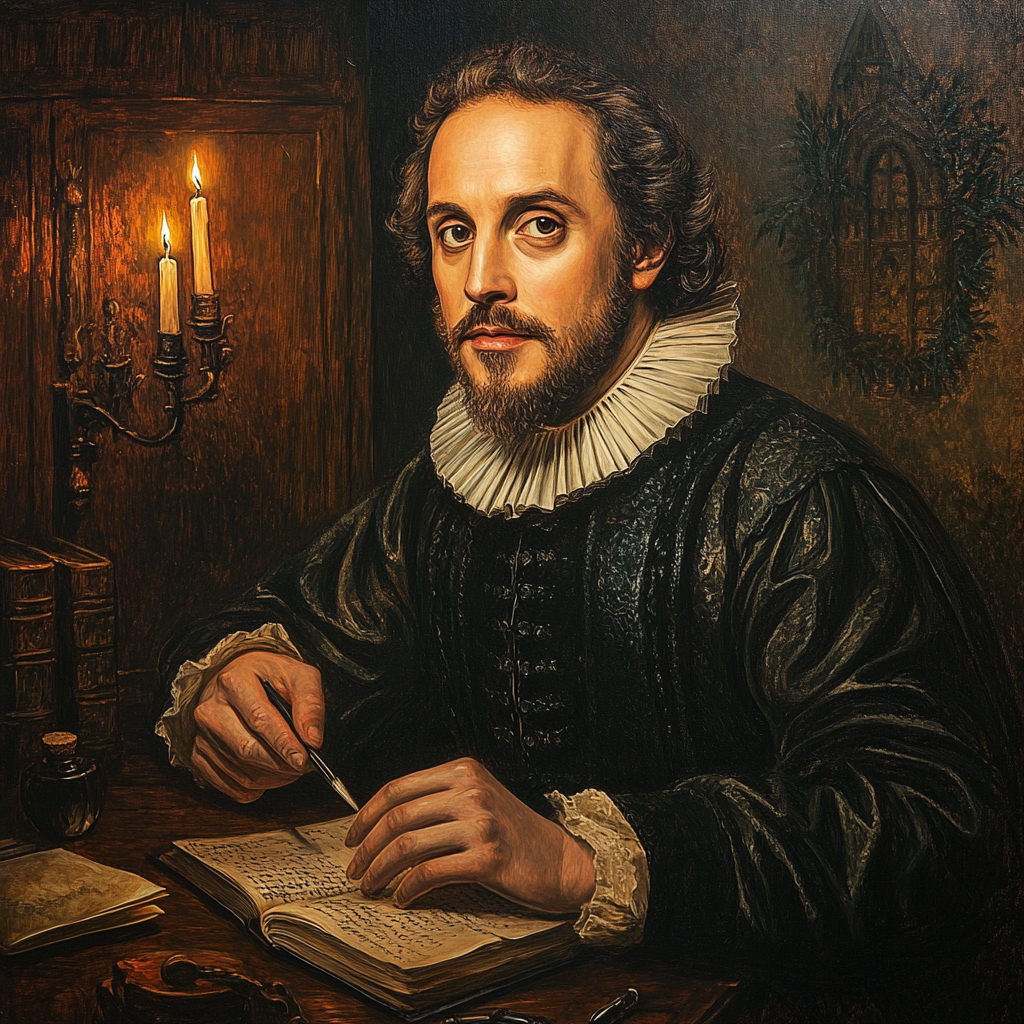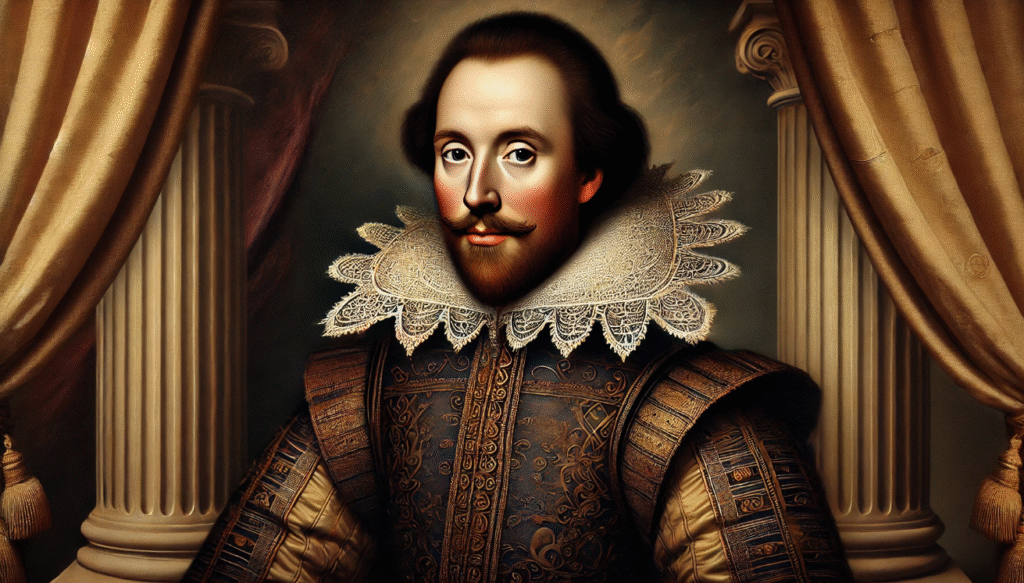Shakespeare’s influence on English literature, William Shakespeare was an poet, and actor who lived during the late 16th and early 17th centuries. He is widely regarded as one of the greatest writers in the English language and is known for his plays such as “Hamlet,” “Macbeth,” and “Romeo and Juliet.” Shakespeare’s works have had a profound impact on literature and have been widely studied and performed for centuries. Shakespeare’s legacy is vast and enduring, with his plays and poems continuing to be celebrated and analyzed around the world. His influence on the English language is immense, with many of his phrases and expressions still in common use today.
The Historical Context of Shakespeare’s Era

The Elizabethan and Jacobean periods were a time of great cultural and artistic flourishing in England. The Elizabethan period, which lasted from 1558 to 1603, was named after Queen Elizabeth I, and the Jacobean period, which followed, was named after King James I. These periods saw a surge in literary and theatrical activity, with the works of William Shakespeare and other playwrights and poets becoming central to the era’s cultural landscape. Before the Elizabethan and Jacobean periods, English literature was largely dominated by religious and moralistic themes, with a focus on religious texts and didactic literature.
During Shakespeare’s time, the theater experienced a significant rise in popularity and cultural significance. The theater was a central form of entertainment and social gathering, attracting people from all walks of life. It provided a platform for storytelling, exploration of societal issues, and the expression of creativity. Shakespeare’s plays in particular were instrumental in shaping the cultural landscape, as they captured the essence of human experience and explored themes such as love, power, and ambition. The theater also played a crucial role in reflecting and influencing the cultural and political climate of the time. Overall, the rise of the theater during Shakespeare’s time had a profound impact on society, shaping attitudes, beliefs, and artistic expression for generations to come.
Innovations in Language and Vocabulary

Shakespeare made significant contributions to the English language by inventing over 1,700 words and phrases that are still in use today. Some of his creations include “eyeball,” “bedazzled,” “lackluster,” and “fashionable.” His innovative use of language and his ability to create new words and phrases have had a lasting impact on the English language and have enriched its vocabulary.
Certainly! Shakespeare is credited with coining a number of commonly used expressions that are still in use today. Some examples include “break the ice,” which comes from “The Taming of the Shrew,” and “wild goose chase,” which is from “Romeo and Juliet.” These expressions have stood the test of time and continue to be used in everyday language.
His linguistic creativity expanded the possibilities of English expression by introducing new words, phrases, and ways of structuring sentences. Through his innovative use of language, he was able to capture the nuances of human experience and emotion in a way that had not been done before. This expanded the range of expression available to English speakers and allowed for a deeper, more nuanced understanding of the world around them.
Contributions to Literary Genres
Drama and Theater:
Shakespeare’s revolution in structure and storytelling was a significant contribution to the world of literature. He is known for his innovative use of language, complex characters, and intricate plot lines in his tragedies, comedies, and histories. His plays often combined elements of humor, tragedy, and history, creating a unique and compelling storytelling experience. Shakespeare’s influence on the development of dramatic structure and storytelling techniques continues to be felt in literature and theater to this day.

Poetry:
The sonnet form, popularized by Italian poet Petrarch in the 14th century, has had a significant impact on the development of poetic styles. Petrarch’s use of the sonnet form, with its 14 lines and specific rhyme scheme, influenced later poets such as William Shakespeare, who adapted and popularized the form in English literature. Shakespeare’s sonnets, known for their exploration of love, beauty, and mortality, have inspired countless poets and writers over the centuries. His works have also had a profound influence on playwrights, novelists, and lyricists, shaping the way they approach themes of love, human emotion, and the human experience. Shakespeare’s enduring legacy continues to inspire and influence artists across various creative disciplines.
Timeless Themes and Human Psychology

Shakespeare’s works are rich with universal themes that continue to resonate with audiences today. Love is a central theme in many of his plays, examining the complexities of romantic relationships and the consequences of passion. Power and ambition are also prevalent themes, as Shakespeare delves into the corrupting nature of authority and the lengths individuals will go to in order to achieve their desires. Betrayal is another recurring theme, showcasing the devastating effects of deception and disloyalty. Additionally, mortality is a prominent theme in Shakespeare’s works, as he explores the fleeting nature of life and the inevitability of death. These universal themes continue to captivate audiences and provide timeless insight into the human experience.
His deep understanding of human nature and emotions has had a profound influence on subsequent authors who have adopted and adapted these themes. Through his insightful exploration of characters’ inner lives and motivations, he has provided a rich foundation for other writers to build upon, leading to a legacy of literature that continues to resonate with readers around the world.
Enduring Relevance in Modern Literature
Shakespeare’s works continue to inspire writers and storytellers today through modern reinterpretations and adaptations. Many novels, movies, and plays are based on his works, showcasing the enduring relevance and appeal of his stories and characters. The universal themes and timeless insights found in Shakespeare’s works provide a rich source of inspiration for contemporary creators, ensuring that his legacy remains influential in the world of literature and entertainment.
Shakespeare’s impact on literature and entertainment remains profound, as his works continue to inspire modern writers and storytellers. Through reinterpretations and adaptations, his timeless themes and characters are brought to life in novels, movies, and plays, showcasing the enduring relevance and appeal of his stories. The universal themes and timeless insights found in Shakespeare’s works provide a rich source of inspiration for contemporary creators, ensuring that his legacy remains influential in the world of literature and entertainment.
Shakespeare’s impact on global literature beyond English has been significant. His works have been translated into numerous languages and have been performed and studied around the world. Shakespeare’s themes and characters are universal, making his plays and sonnets accessible to people of different cultures and backgrounds. His influence can be seen in the works of writers and playwrights from various countries, demonstrating the enduring legacy of his contributions to global literature.
Influence on Literary Techniques and Style

Shakespeare’s use of soliloquies, dramatic irony, and symbolism was revolutionary in his time and continues to be influential in modern literature. Soliloquies allowed characters to speak their inner thoughts aloud, providing insight into their motivations and emotions. Dramatic irony, where the audience knows something the characters do not, created tension and added depth to the storytelling. Symbolism, such as the use of specific objects or actions to represent larger themes, added layers of meaning to the text. Shakespeare also innovated character development and plot structure, creating complex and multidimensional characters and weaving intricate storylines that continue to captivate audiences today. His influence on modern literary techniques and storytelling methods is undeniable.
Legacy in Education and Popular Culture

Shakespeare is widely regarded as a cornerstone of English literature curricula worldwide due to his enduring impact on the literary world. His works are often studied for their complex themes, rich language, and timeless relevance. In contemporary culture, references to Shakespeare can be found in a variety of mediums, including quotes in everyday language, adaptations of his plays in films and theater, and even modern retellings of his stories. His influence on popular culture demonstrates the enduring relevance of his work and its ability to resonate with audiences across generations. Additionally, Shakespeare plays a crucial role in keeping classical literature alive for future generations, as his works continue to be studied and celebrated as masterpieces of the English language.
Shakespeare’s influence on English literature is profound and lasting. His works have had a significant impact on the development of the English language and have inspired countless writers and artists throughout the centuries. His plays and sonnets continue to be studied and celebrated for their universal themes, complex characters, and masterful use of language. One reason why Shakespeare’s works remain relevant across time and cultures is their exploration of timeless human experiences such as love, jealousy, power, and ambition. His characters and stories resonate with people from all walks of life, and his ability to capture the essence of the human condition transcends cultural and historical boundaries. Shakespeare’s legacy as the “Bard of Avon” is undeniable.
His works continue to be performed and adapted in various forms, from traditional theater productions to modern film and television adaptations. Shakespeare’s influence can be seen in the works of countless authors, playwrights, and poets who have been inspired by his storytelling and language. His impact on English literature is immeasurable, and his legacy will continue to shape and inspire the world of literature for generations to come.














